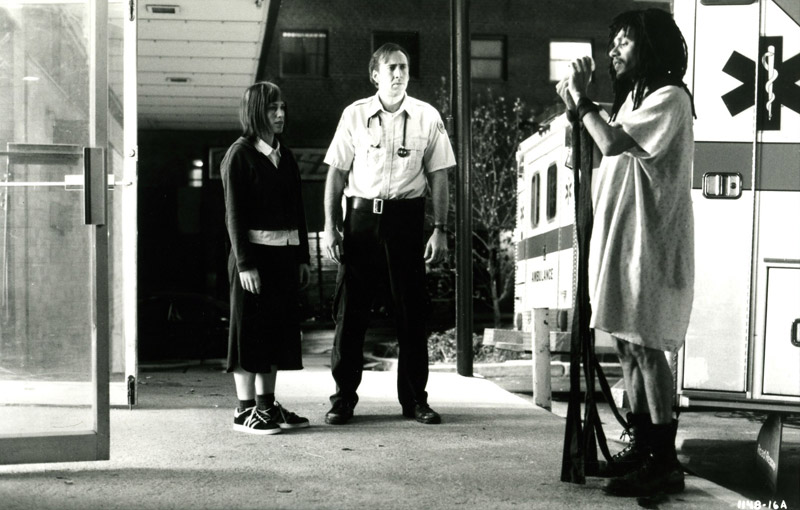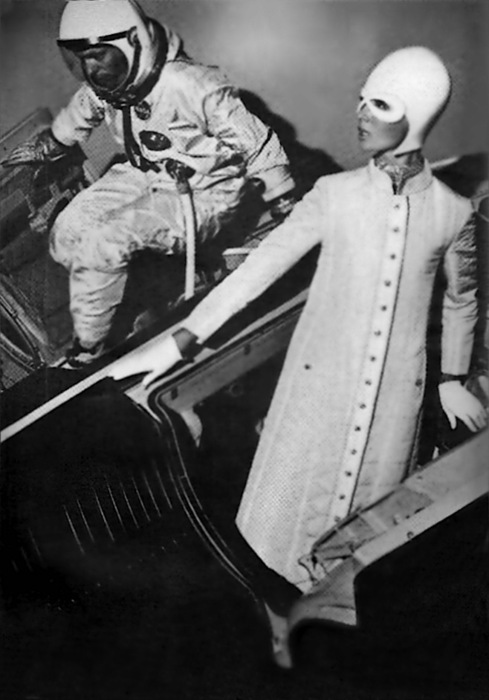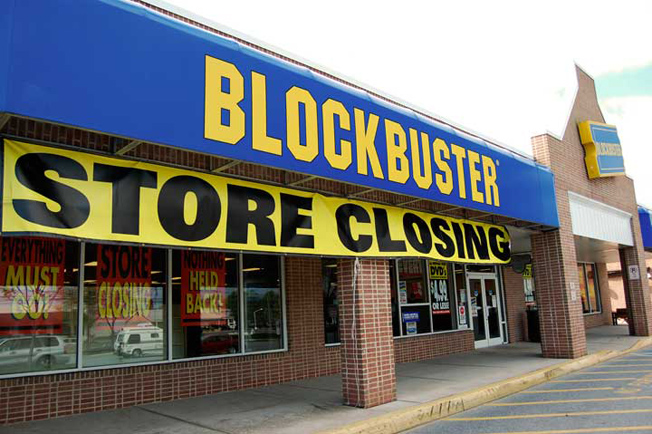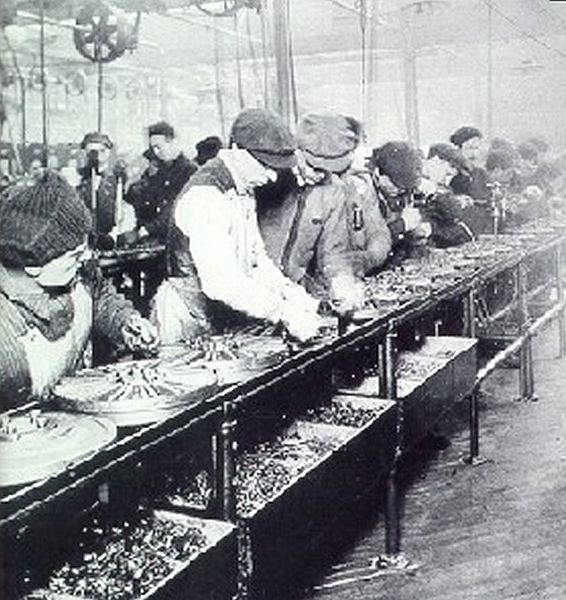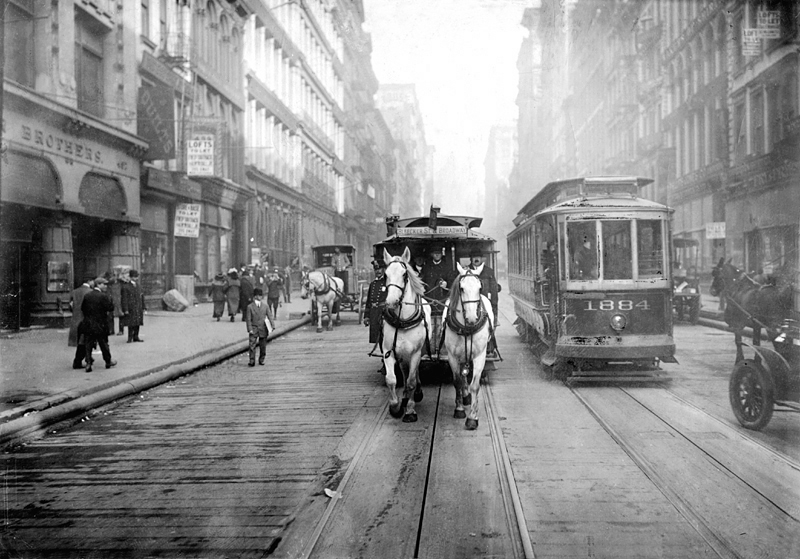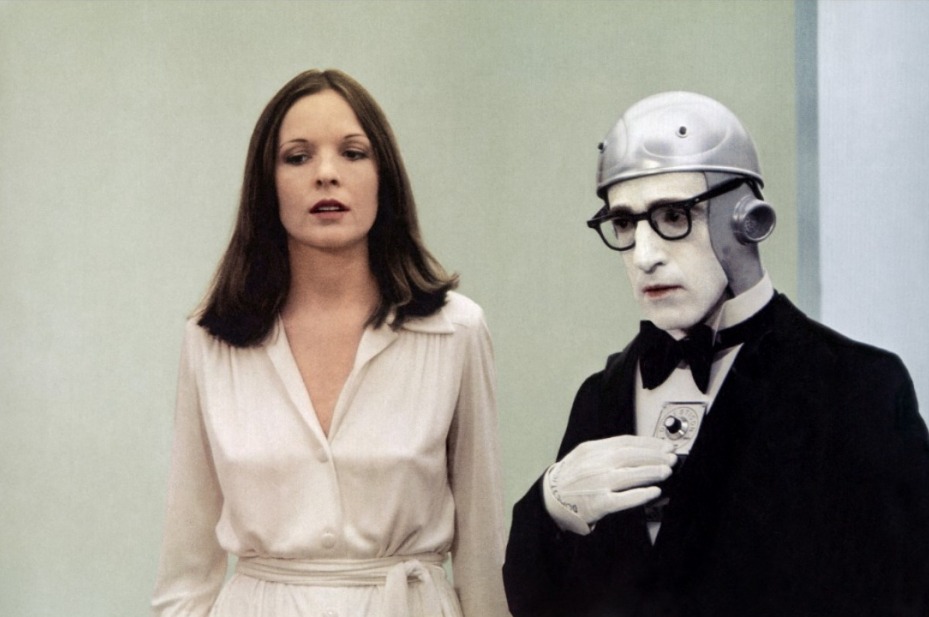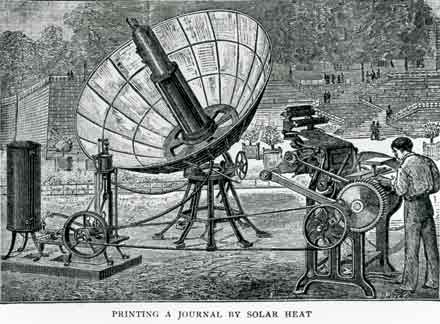Is zombie culture currently so popular in America because it’s actually a mirror rather than a fantasy?
People seem so strange now, and not in the same ways we’ve always been strange. It’s somewhat a reflection of the era we live in. Every generation thinks it’s going through extreme times–and they’re all right, of course–but I think we’re particularly doing so. It’s the disaster of the economy, the disquiet of the technological revolution and the way our new tools enable us to opt out mentally and emotionally into the white noise of personalization, even as we’re more connected than ever. Sometimes the streets in Manhattan seem like a necropolis, a sea of dead stares, heads pointed down at screens. You see a bright face for a moment, a flicker of recognition, and then it disappears.
But it’s more than just a fractured form of capitalism and what our new tools have wrought: There’s quietly an epidemic of painkillers in the U.S. that’s made junkies of so many people you see across the space of a day. I’ve heard anecdotal evidence from people I’ve met who work in pharmaceuticals and hospitals, but the numbers back it up. We have a lot of people in our midst who are high and low–an army of zombies.
What and whom conspired to make OxyContin and the like so available, so prescribable? From Celine Gounder’s New Yorker blog post about the pain-pill epidemic:
“When I started working as a medical resident, in 2004, I heard from a patient I had inherited from a graduating resident. The patient had an appointment scheduled in a couple weeks. ‘But I need your help now,’ he said.
He was a former construction worker who had hurt himself on the job a couple of years earlier. He told me, ‘I also need some more OxyContin to tide me over until I can see you.’ The hospital computer system told me that he had been taking twenty milligrams of OxyContin, three times a day, for at least the last couple of years. I had rarely seen such high doses of narcotics prescribed for such long periods of time. I’d seen narcotics prescribed in the hospital to patients who had been injured, or to those with pain from an operation or from cancer. But I didn’t have much experience with narcotics for outpatients. I figured that if the previous resident—now a fully licensed doctor—was doing this, then it must be O.K.
What I didn’t know was that my time in medical school had coincided with a boom in the prescribing of narcotics by outpatient doctors, driven partly by the pharmaceutical companies that sold those drugs. Between 1999 and 2010, sales of these ‘opioid analgesics’—medications like Vicodin, Percocet, and OxyContin—quadrupled.”

